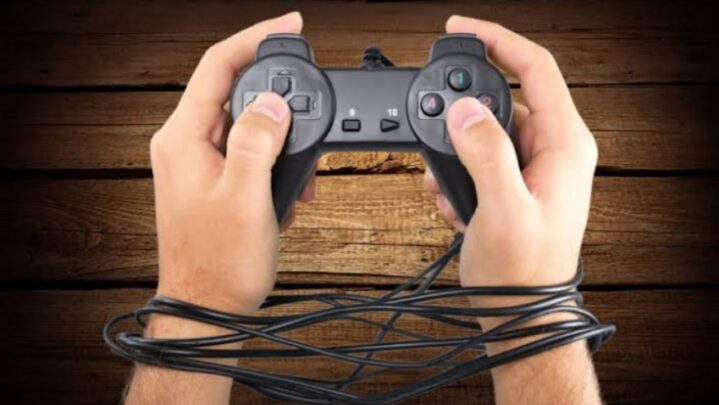In 2018, the WHO (World Health Organization) categorized gaming disorder in their International Classification of Diseases (ICD-11). As per the ICD-11, individuals with gaming disorder have difficulty in regulating the quantity of time that they waste playing digital or video games. They even prioritize gaming over any other activities and encounter negative consequences from their gaming behaviors.
The WHO has classified gaming disorder as a disorder because of addictive behavior in the ICD-11. Gaming obsession is related in many ways to other types of addiction. People with the disorder frequently spend many hours playing games, they possess a strong emotional attachment to this behavior, and may encounter limited social relationships. The lack of control over their gaming addictions, prioritizing gaming over other social activities, and continuing gaming despite its adverse effects can be the symptoms of gaming disorder.
It can also bring about anxiety, depression, and stress. People who stay physically passive for a long period due to gaming can also have a greater chance of obesity, sleep difficulties, and other health-related problems. Even though gaming disorder is not widespread, people should be conscious about the quantity of time that they devour for playing games.
They should also control the consequence that gaming has on their different activities, their biological and cognitive health, and their relationships with others. Those who are afraid that gaming may be negatively affecting their health or social connections should consult a doctor or mental health expert. And most importantly the individual should try to minimize the amount of time they spend on games.
Keep reading Successyeti.com
Also Read: Health Benefits Of Brown Rice





